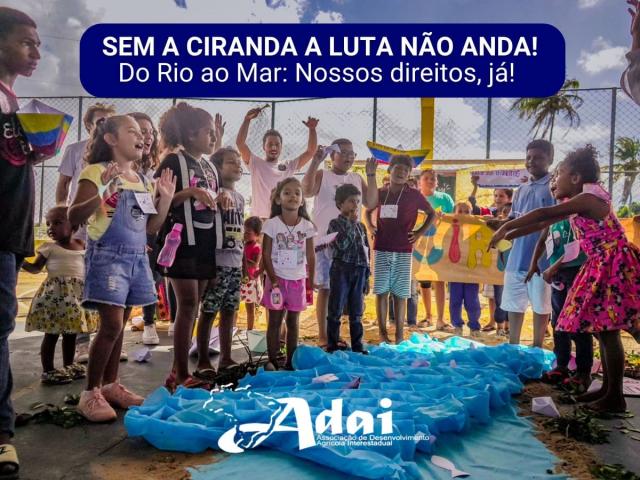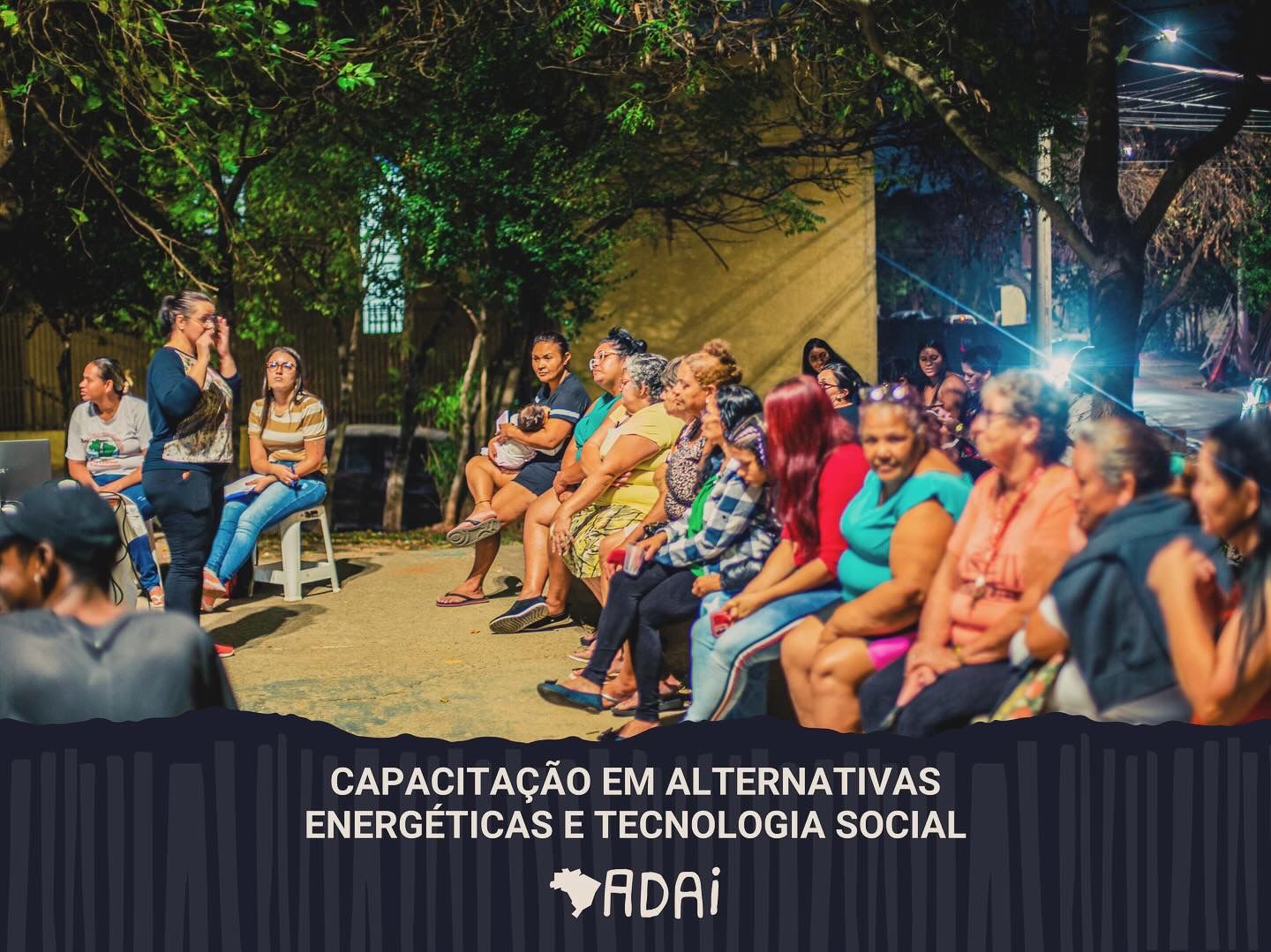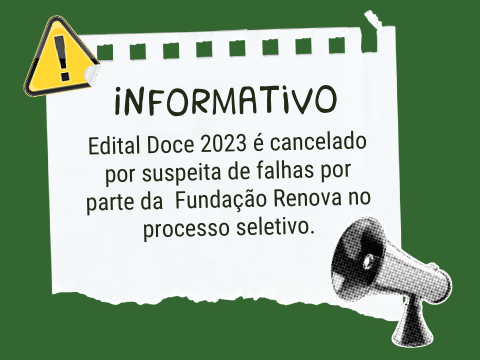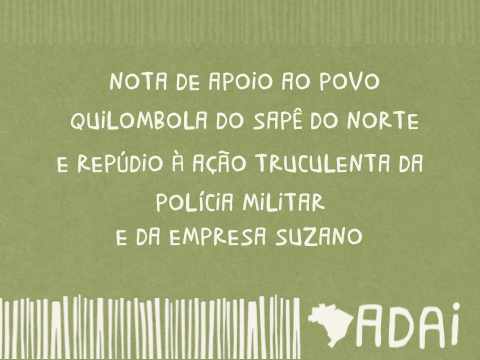WITHOUT THE CIRANDA THE FIGHT DOESN’T GO ON!

From the River to the Sea: Our rights, now!
What is education in the world and in its relations? Have you ever stopped to think that there are many types, forms and ramifications of the human educational process? Within this diverse world we have early childhood education, and within it we have ciranda. In Brazil, August 25 is the national day of early childhood education. This date is a tribute to Dr. Zilda Arns, founder of the Pastoral da Criança in 1983. At this time in history, the country was experiencing a food crisis, high rates of malnutrition and illiteracy among children and young people, in the midst of a military dictatorship.
From the dreams and rebellion of Zilda Arns, the Pastoral da Criança was strengthened with many allied hands, and expanded to more than 20 countries in Latin America, Europe and Africa, in the commitment to seek the dignity of living, playing and studying for the children of Brazil and the world.
Thinking about early childhood education requires commitment to the fight for rights, thinking about safety and childcare, and defending education as a liberating practice. It’s a process that balances seriousness with joy, guided by the commitment to schooling alongside playing, welcoming and loving.
In social movements and grassroots organizations, Ciranda is a space for children’s education, a place where children and young people are recognized as beings with rights. It aims to guarantee the recognition, participation and acceptance of children and young people’s demands, as well as qualifying the participation of their families in moments of organization, training and collective struggles. Like the Pastoral da Criança, Ciranda is born collectively and is strengthened by many hands, as it relies on pedagogical professionals and volunteers who train in the educational process.
In the struggle for reparations for people affected by dams, Ciranda is the energy of the organizational struggle. Without it, the movement for reparations cannot move forward, because it is an educational process, a place for children, mothers and family members to unite in the struggle to guarantee collective rights.
We at Adai therefore stress that every child has the right to play, to love, to be loved and to be part of the educational process, with their rights respected. Long live the ciranda, long live the struggle of the people affected and the energy of the struggle, long live our children and young people!
“Without Ciranda, the struggle doesn’t go on!



